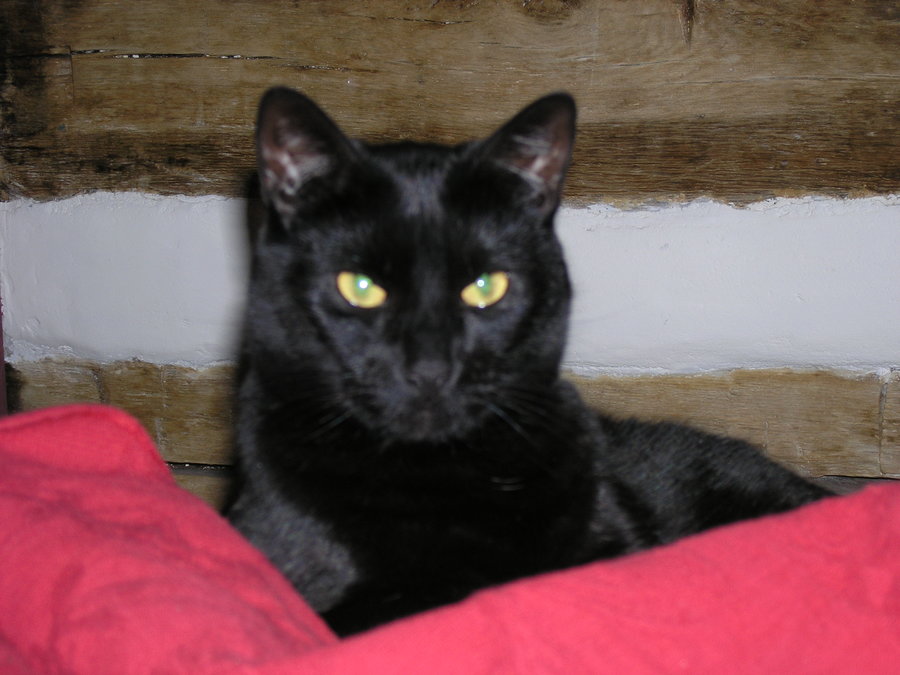My cat was diagnosed with a hyperthyroid after "senior" blood work. I am devastated after reading information available in the web.
She's had several misdiagnoses in her life (including cancer) and I am wary. She's 13 and at the physical exam, the vet said she seemed remarkably healthy. Then the blood work came back with this diagnosis. Has anyone had experience with blood work being incorrect? Has anyone had experience in treating hyperthyroid? It seems like a death sentence.
She's had 3 medical emergencies in her life each several years apart and each involving vomiting. The most recent several days ago and the reason I took her to the vet. They put her on metronidazole, but after they called with the thyroid prognosis I stopped it. She's still not herself, though she stopped throwing up. She is eating only a little, but seems unsatisfied and searching for something. She is drinking out of her fountain but not an unusually large amount.
She's had several misdiagnoses in her life (including cancer) and I am wary. She's 13 and at the physical exam, the vet said she seemed remarkably healthy. Then the blood work came back with this diagnosis. Has anyone had experience with blood work being incorrect? Has anyone had experience in treating hyperthyroid? It seems like a death sentence.
She's had 3 medical emergencies in her life each several years apart and each involving vomiting. The most recent several days ago and the reason I took her to the vet. They put her on metronidazole, but after they called with the thyroid prognosis I stopped it. She's still not herself, though she stopped throwing up. She is eating only a little, but seems unsatisfied and searching for something. She is drinking out of her fountain but not an unusually large amount.
Last edited:


